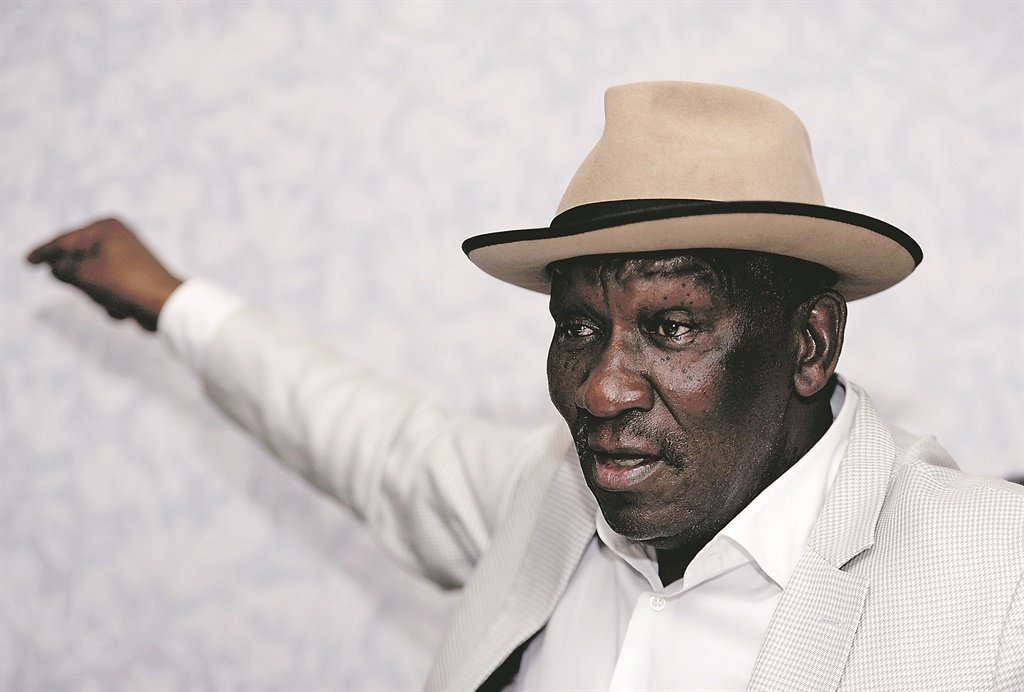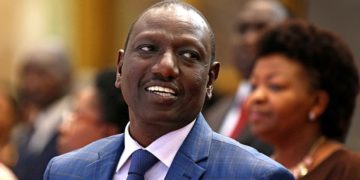[ad_1]

Concerns are rising that South Africa will experience a sharp increase in crime and social unrest as desperation over food supplies spills into streets and shops around the country.
According to a senior police official, who briefed News24 over concerns raised during high-level government meetings this week, it was only a matter of time before protests and looting erupted on an unmanageable scale.
LIVE | All the latest coronavirus and lockdown updates
The official, who cannot be named as they are not authorised to speak with the media, said a warning over possible increases in social unrest as witnessed in Cape Town this week was given to police management and Police Minister Bheki Cele.
Thursday marked three weeks since the commencement of a nationwide lockdown which effectively confined millions to their homes.
The lockdown resulted in thousands of small and medium businesses and their staff as well as informal traders and workers being cut off from their income streams overnight.
On Thursday evening, Health Minister Zweli Mkhize said 48 people have now died after contracting the coronavirus, with the majority being in KwaZulu-Natal (20), adding the number of confirmed cases now stood at 2 605 of which 903 people have recovered.
The official raised concern over Cele’s consideration of the possible protests and looting, saying the minister “had lost the plot”.
“He [Cele] is not ignoring it,” the official said. “But if we don’t put out these fires quickly, it will get too big to control.”
The official said it appeared Cele was more concerned with alcohol and cigarette bans, and policing petty violations than tackling the real problems.
“We are policing petty crimes while people are getting beaten up and murdered for going to the shops. People are broke, people are hungry. Crime is going to go through the roof. We are worried that more people will die of starvation than will die of the coronavirus.”
The official added they were already hearing of problems with the distribution of food parcels, and disparity over who was given parcels and who were not.
Phone calls to known Cele numbers, as well as an emailed request for comment went unanswered.
On Thursday, Gauteng Premier David Makhura said more than 10 100 people have been arrested in the province for lockdown violations.
Cele announced on 8 April the number of people arrested nationally was around 3 000.
President Cyril Ramaphosa announced as part of a range of measures taken by the government to ease the burden of millions of South Africans who have lost their incomes and did not have access to food and water, food parcels would be distributed and water tanks installed.
Lockdown officially extended
The nationwide lockdown, originally due to end at midnight on Thursday, was officially extended by Cooperative Governance and Traditional Affairs Minister Nkosazana Dlamini-Zuma on Thursday.
She announced several updates to the regulations which will see mining companies return production levels to 50% capacity and exports of goods already in storage at port facilities to decongest supply chains in preparation for a gradual easing of the lockdown.
A nationwide ban on liquor and cigarette sales would remain in place.
Additionally:
- Mining companies must ensure quarantine and screening facilities are available on site, and workers returning from their homes will be tested.
- They are allowing a gradual ease in regulations for warehouses and support businesses which provide services directly linked to essential services – this includes vehicle repairs for essential services, but shopkeepers would need to keep registers of individuals who purchased parts or components from them.
- Amended regulations see a halt on the transport of alcohol. The only alcohol that may be transported is supplies required for essential goods (sanitisers) and essential services.
- Fuel refineries would be permitted to start returning production levels to higher levels in anticipation for fuel needed amid a gradual easing of the lockdown.
- A ministerial directive allowing co-parents to transport their children between homes was cemented, and parents would need to present the necessary documentation such as a court order, a document from the family advocate or a birth certificate if stopped.
- Plumbers, electricians, locksmiths, roof repair and glaziers are now allowed to carry out urgent repair work at homes.
WHO may feel the pinch of Trump funding cut
Meanwhile, priority relief efforts and projects in Africa may feel the impact of a decision by US President Donald Trump to halt his country’s funding of the World Health Organisation (WHO).
Trump announced the decision to halt around $50 million in annual funding to the WHO this week.
He felt it had been too easily duped by the Chinese government over the human-to-human transmission of Covid-19 in the early stages of the pandemic in that country.
Trump also accused the WHO of not sharing information timeously in what has been labelled as an attempt by him to shift the blame for his administration’s inadequate and slow early response.
READ | SA govt calls on US to reconsider decision to freeze WHO funding
The WHO’s regional director for Africa, Dr Matshidiso Moeti, said, during a virtual press conference on Thursday, it envisaged requiring $300 million for Covid-19 relief programmes in Africa over the next six months.
The US was the single largest contributor to the WHO at $50 million annually, Moeti added.
She said the WHO hoped the US administration would revise its decision to suspend funding, not only due to the financial implications but also as the WHO valued the strategic partnerships with key US institutions and companies.
Priority projects relating to the eradication of polio, measles and HIV research could feel the effect of the US funding withdrawal, Moeti said, emphasising the WHO was in discussions with its other partners and donors.
– Stay healthy and entertained during the national lockdown. Sign up for our Lockdown Living newsletter. Register and manage your newsletters in the new News24 app by clicking on the Profile tab


















